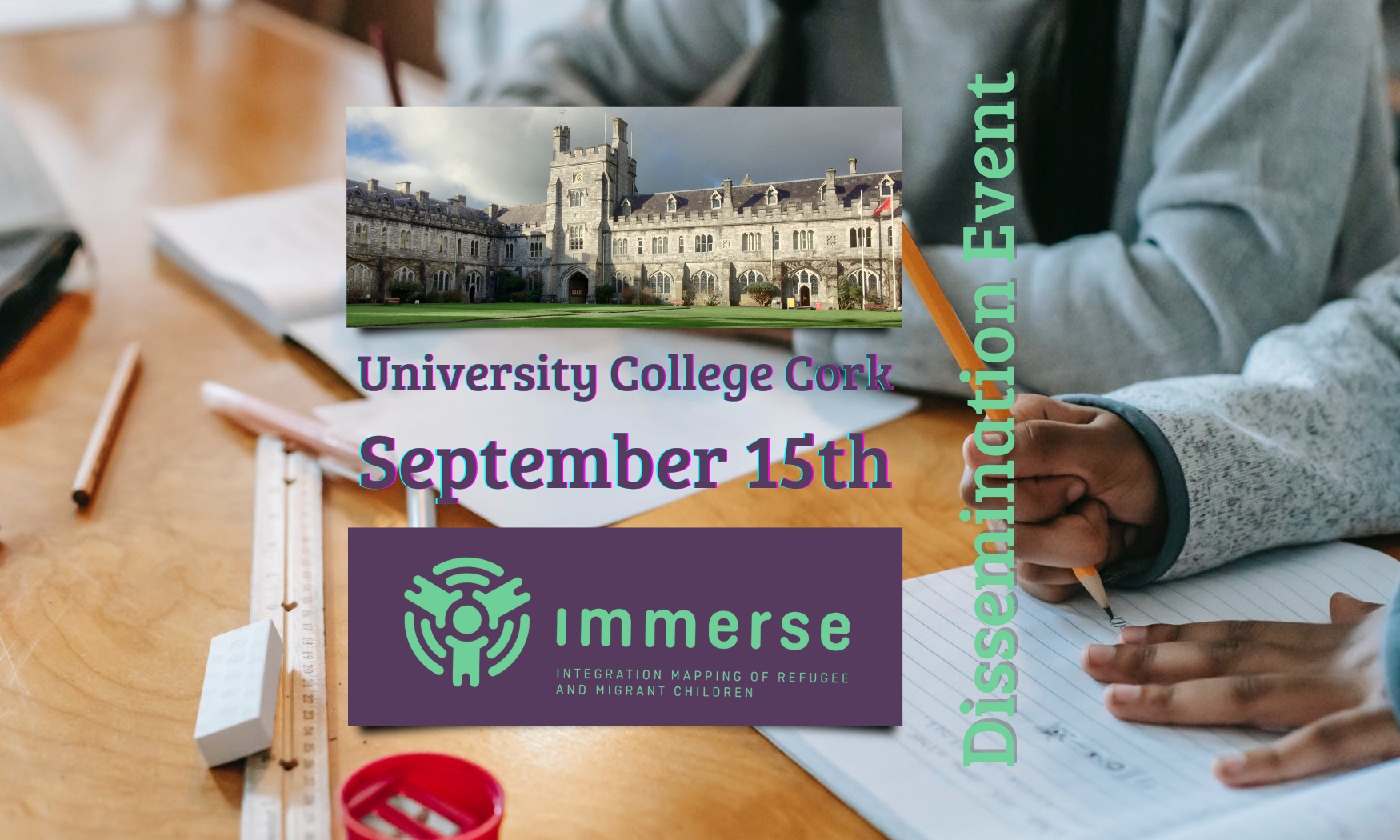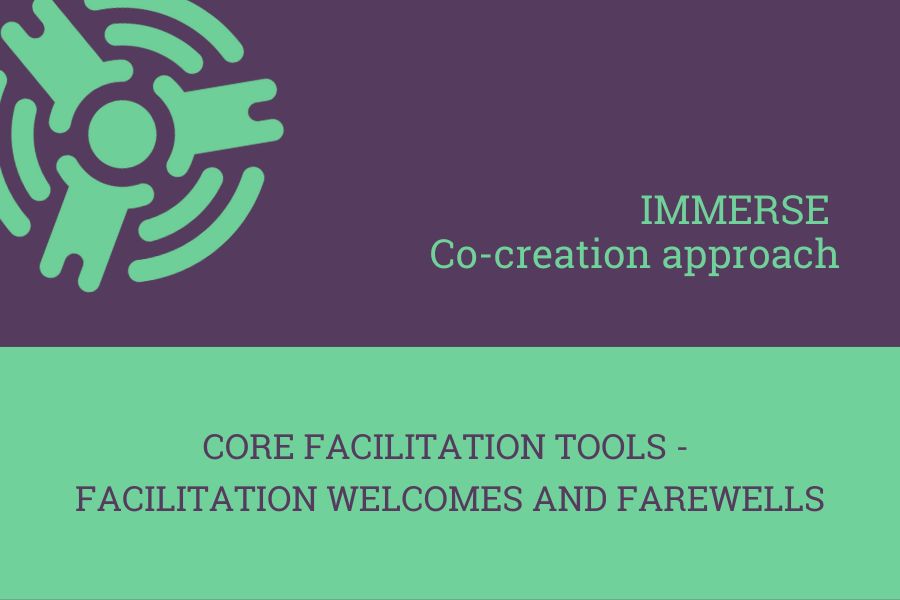Description
The project was created because refugee children (as well as children with migrant/minority background) often face difficulties in adapting in the school environment of the host countries and the traditional cognitive models of teaching cannot cover this need. Thus, there is a need to introduce in the school environment, in cooperation with different stakeholders, alternative methods that cultivate the fantasy of the children, that promote emotional aspects of learning, positive interaction between these children and children belonging to the mainstream communities and that promote non-verbal communication and learning. The project aims to transfer two methods on this respect: Montessori Method and Creative Learning. It was implemented from 31-12-2017 until 28-02-2020 in Greece, Bulgaria, Belgium, Italy, Spain and Turkey. The Coordinator of the project was Action Synergy S.A. and the consortium consisted of Girona University, Karsiyaka National Education Directorate, Center for Creative Training Association, Vovational Training Center of Lesvos, Cooperazione Internazionale Sud Sud, Center of Higher Education in Theater Studies, Waterpark Montessori International, Haute Ecole Galilee. It was a two-year Erasmus+ project granted by the European Commission (Only Erasmus+ funds).
- Access to compulsory education
- Children complete compulsory education
- Children remain in (formal) education beyond compulsory levels / Access to (formal) non-compulsory education
- Children's academic skills
- Children's life satisfaction / happiness
- Children's sense of belonging
- Teachers
- Types & levels of (formal) non-compulsory education attended
Evaluation ex post
SEDIN was a step to make classes more creative and more inclusive. The practical implementation in the classes proved that Montessori and Creative Learning Methods can be the keys to a different school.In the framework of the SEDIN project, a large number of elementary school teachers received training on how to implement these methods in the classroom and then proceeded to the practical implementation of the methods with their students.
Full evaluation report can be found on the following link
https://ec.europa.eu/programmes/erasmus-plus/project-result-content/5e461610-2df5-4900-8b3f-332d0932e5d9/SEDIN-FINAL-EVALUATION-REPORT.pdf
Projects’ deliverables
Deliverables are available at the following link.
https://ec.europa.eu/programmes/erasmus-plus/projects/eplus-project-details/#project/592253-EPP-1-2017-1-EL-EPPKA3-IPI-SOC-IN
Reproducibility
There is no information about the reproducibility of the project. However, deliverables and project reports make the transferability of the project feasible.
Motivation for the submission
The project is relevant to the IMMERSE project because the use of creative methodologies in the school classroom has the potential to facilitate the social inclusion of children with refugee / migrant or minority background in their school environment, promote the cooperation between children, improve the classroom environment and facilitate the acquisition of knowledge. A large number of elementary school teachers received training on how to implement these methods in the classroom and then proceeded to the practical implementation of the methods with their children. Children that were shy, started to participate more, the cooperation in class increased and children improved their educational performance.
Links



